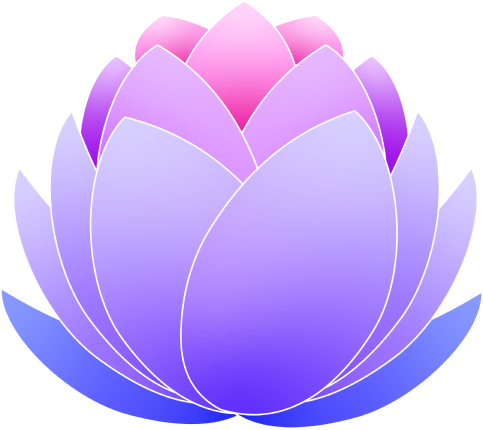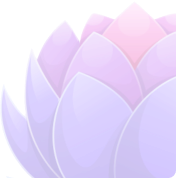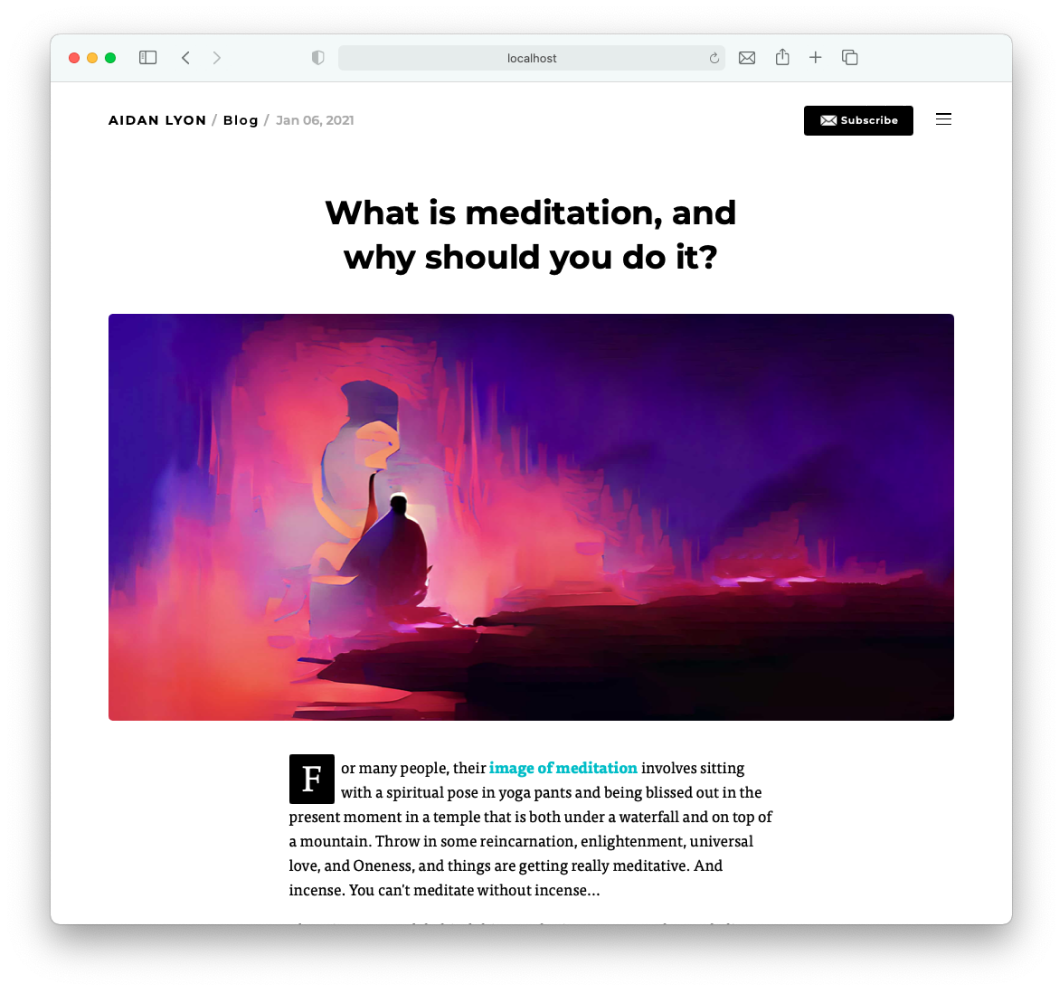ONLINE COURSE, 2024
Make better decisions
Improve your decision-making by combining the practice of meditation with the principles of critical thinking.



Save 50% off the regular price until June 30, 2023! Time remaining to pre-order: 00:00:00:00.
This course will help you:
- Increase your mental clarity
- Enhance your decision-making, especially in complex and stressful situations
- Improve your mental habits and your ability to explore alternative perspectives
- Discover and remember your values — and have them guide your decision-making
- Understand how meditation enhances human cognition according to science
Want to learn more and decide later?
This course will help you:
- Increase your mental clarity
- Enhance your decision-making, especially in complex and stressful situations
- Improve your mental habits and your ability to explore alternative perspectives
- Discover and remember your values — and have them guide your decision-making
- Understand how meditation enhances human cognition according to science
Want to learn more and decide later?
Why meditation and critical thinking?
They might seem like opposites, but...



Why meditation and critical thinking?
They might seem like opposites, but...




Course schedule
The course consists of nine hours of video lectures broken up into six modules. These modules are released once per week. This helps ensure you will have time to complete the meditation assignments and start using your new meditative skills to improve your critical thinking.
Each module contains two classes, and each class consists of three 15-min video lectures. Alongside the video lectures and meditation practices, there is an online discussion space where you can ask questions and interact with other students.
By the end of this course, you will understand the foundations of meditation and critical thinking and be able to use your new meditative skills to improve your critical thinking during daily life.

Introduction
Understand the reasons for combining meditation with critical thinking, start your meditative practice with focused-attention meditation, and discover the scientific evidence about the cognitive effects of meditation.

1.1. COURSE OVERVIEW
In the first class, we will explore the core idea of the course: that meditation can enhance your critical thinking. You will also learn more about my background and why I created this course. We will also take a quick survey of the course's lectures.

1.2. MEDITATION, PART I
In the second class, we will begin our meditative practice with focused-attention meditation. You will learn how to practice this form of meditation, why it is important, and some of the scientific evidence about its beneficial effects on the mind.

Fundamentals of critical thinking
Learn the basics of critical thinking and take your first step in applying the skills of meditation to your daily thinking.

2.1. CRITICAL THINKING
In this third class, you will learn about the basics of critical thinking. You will also learn about the common obstacles that prevent people from thinking well and making good decisions.

2.2. FOCUS & CONCENTRATION
In this fourth class, we will explore our first point of contact between meditation and critical thinking. You will learn how you can use the new skills you are developing through your practice of focused-attention meditation to enhance your critical thinking.

Expanding awareness and making better decisions
Learn how to practice mindfulness (a.k.a. open-monitoring) meditation and how you can use it to become more aware of your decisions and their hidden influences.

3.1. MEDITATION, PART II
In this fifth class, you will deepen your meditative practice with open-monitoring meditation. You will learn how to practice this form of meditation, why it is important, and some of the scientific evidence about its beneficial effects on the mind. We will also compare and contrast open-monitoring meditation with focused-attention meditation, and you will learn how these two practices complement each other.

3.2. AWARENESS & DECISION MAKING
In this sixth class, you will learn about the relationship between your decision making and your awareness. We'll review the extensive scientific evidence demonstrating that people often make decisions without awareness, and that their decisions are often influenced by factors unknown to them. At the end of this class, you will understand how you can use open-monitoring meditation to become more aware of your decision processes and then improve them.

Increasing mental clarity
Understand the different forms of mental biases (cognitive, social, and ideological), how they distort and cloud our thinking, and learn how meditation can be used to mitigate and manage them.

4.1. MENTAL BIASES
In this seventh class, we will review the various biases that shape our thinking. These come in three forms: cognitive, social, and ideological biases. You'll will learn about how these biases arise, what you can do to protect yourself against them, how you can help others mitigate their biases, and how you can use your meditative skills to support this.

4.2. UNCERTAINTY & PRACTICAL WISDOM
In this eighth class, you will learn how many biases funnel into one gigantic bias, known as overconfidence. We'll also explore how uncertainty intolerance, a common psychological disposition, drives many of these biases. You will learn how you can cultivate mindfulness, another psychological disposition, to counter and reduce your uncertainty intolerance. An outcome of this module is that you will you be better equipped to manage uncertain and complex situations with practical wisdom.

Memory and mindfulness: remembering what is important
Learn the basics of memory science, understand the phenomeon of false memories, and explore the connection between mindfulness and memory.

5.1. MEMORY FUNDAMENTALS
In this ninth class, you will learn the fundamentals of memory, and why memory is crucial for critical thinking. We will examine how our memories can go awry by (i) containing false information and (ii) by lacking true information. At the end of the class, you will have a foundation understanding of the how human memory works –– and doesn't work.

5.2. MINDFULNESS & MEMORY
In this tenth class, we will explore the connection between meditation and memory. You will learn how the notion of mindfulness concerns memory just as much as it does awareness, and how meditation can improve your ability to learn new information and recall it later on. In support of this, we will review some of the scientific research involving meditation and memory enhancement.

Future directions & continuing the practice
In this final module, we will review the course materials and draw new connections between the key ideas. You will also learn how to continue your meditative practice beyond the course and the long-term benefits of meditation.

6.1. REFLECTIONS & INSIGHTS
In this eleventh class, we will draw some "big picture" insights between the key ideas of the course and reflect on the lessons learned and your new meditative skills. At this stage of the course, you will have been practicing two forms of meditation for over 30 days, and you will be noticing how these practices have transformed your mind. Critical thinking will come more naturally, and you will be able to do it more effortlessly.

6.2. NEXT STEPS
In this twelfth and final class, you will learn about what can come next, now that you have learned about the relationship between meditation and critical thinking. We will discuss the differences between novice and expert meditators, and consider the unexpected –– and beneficial –– transformations that meditation can bring about over the long run. You will also learn how to maintain your meditative practices and continue improving your critical thinking skills beyond the course.

ONLINE COURSE
Meditation x Critical Thinking
Learn how to improve the quality of your thinking using the practice of meditation combined with the principles of critical thinking.
Enroll nowEnrollment options
All enrollment options come with a 30-day money-back guarantee, no questions asked.


Student
With the student option you get everything that comes with regular enrollment at a discounted price (you will need to present a valid student ID). You get:
- Access to all lecture videos.
- Access to the Discord server.
- Feedback on your meditation journal.

Regular
The regular option is best suited for those who want to enhance their critical thinking with meditation but don't need one-to-one coaching. You get:
- Access to all lecture videos.
- Access to the Discord server.
- Feedback on your meditation journal.

Professional
The professional option is for those looking to promote their career and bring critical thinking and mindfulness into the workplace. You get everything that comes with regular enrollment plus 1-1 coaching:
- Weekly video calls.
- Email check-ins and Q&A.
About the instructor
Philosopher, author, consultant, entrepreneur, living in Amsterdam.


AIDAN LYON, PH.D.
Aidan is a philosopher at the University of Amsterdam and the Munich Center for Mathematical Philosophy.
He completed his Ph.D. in Philosophy in 2009 at the Australian National University and has Bachelor degrees in mathematics and philosophy from the University of Queensland.
His academic research is in the intersection of psychology and philosophy and focuses on wisdom, uncertainty, and collective decision making. He has published in many top academic journals in philosophy, and his forthcoming book will be published by Oxford University Press in 2023.
Alongside his academic work, Aidan has operated as a risk management and decision making consultant for over ten years. He has worked on projects across a wide range of domains, including biosecurity intelligence, geopolitical forecasting, institutional investing, and environmental decision making.
Why I created this course
Elementum curabitur vitae nunc sed velit dignissim sodales. Tortor id aliquet lectus proin nibh nisl condimentum. Urna duis convallis convallis tellus id interdum. Turpis egestas sed tempus urna. Id semper risus in hendrerit gravida rutrum quisque non tellus. Dolor sit amet consectetur adipiscing elit ut aliquam purus sit. Urna neque viverra justo nec ultrices dui sapien eget mi.
- Turpis egestas sed tempus urna. Id semper risus in hendrerit gravida rutrum quisque non tellus.
- Egestas sed tempus urna. Id semper risus in hendrerit gravida rutrum quisque non tellus.
- Tempus urna id semper risus in hendrerit gravida rutrum quisque non tellus.
FAQ
Frequently asked questions

Who is this course for?
You don’t need to be an experienced meditator to take this course. In fact, you don’t need to know anything about meditation — we start with the absolute basics and work from there. The course is also suited for those who may be on the fence (or even sceptical) about meditation since it covers the scientific evidence supporting the effectiveness of meditation.
The class is perfect for a wide range of people: students, professionals, artists, nurses, entrepreneurs, parents — you name it. The skills taught in this course are general and apply to every domain of life — from choices in one’s personal life to managing finances to navigating the workplace to launching new products and businesses. In this respect, being able to meditate and think critically is just as important as being able to read and write.

Is meditation religious?
It can be, but it doesn’t have to be, and this course will focus solely on the secular aspects of meditation. One useful way of thinking about meditation is to view it as like physical exercise. Meditation helps strengthen your mind and gives it more stamina and flexibility. These effects are scientifically observable and have recognisable benefits for critical thinking. If you would like to learn more about why meditation is suitable for critical thinking, see this recent research publication.

Is it safe?
Although rare, it is increasingly recognised that meditation can have adverse effects for some people, especially if practised intensely and for long periods (e.g., on multi-day meditation retreats). For this reason, the meditation sessions in this course are short (no longer than 20 minutes) and practised incrementally. You will also keep a meditation journal to monitor the changes in your thinking over time. This will enable you to identify any challenges early on and make an informed decision as to whether you want to continue. (The journal will also help you develop insights for how to improve your critical thinking). In the unlikely event that you feel that the course is not for you, you can cancel your enrolment at any time and receive a full refund.

When does the course start?
The course will begin July 1st, 2023 for a limited number of pre-order students. The course will then run for six weeks.
The evidence for meditation
Are you unsure about meditation or how it can improve critical thinking? If so, you can learn more about meditation and why it is beneficial in the blog post "What is meditation, and why should you do it?" The post gives an overview of the beneficial effects of meditative practices on attention and the scientific evidence for those effects. (And so it gives you a bit of a "sneak preview" of the course!)
learn more
Enhance your critical thinking with meditation
Improve your mental clarity, ability to plan, and decision-making capabilities using the tools of meditation.
Enroll now
